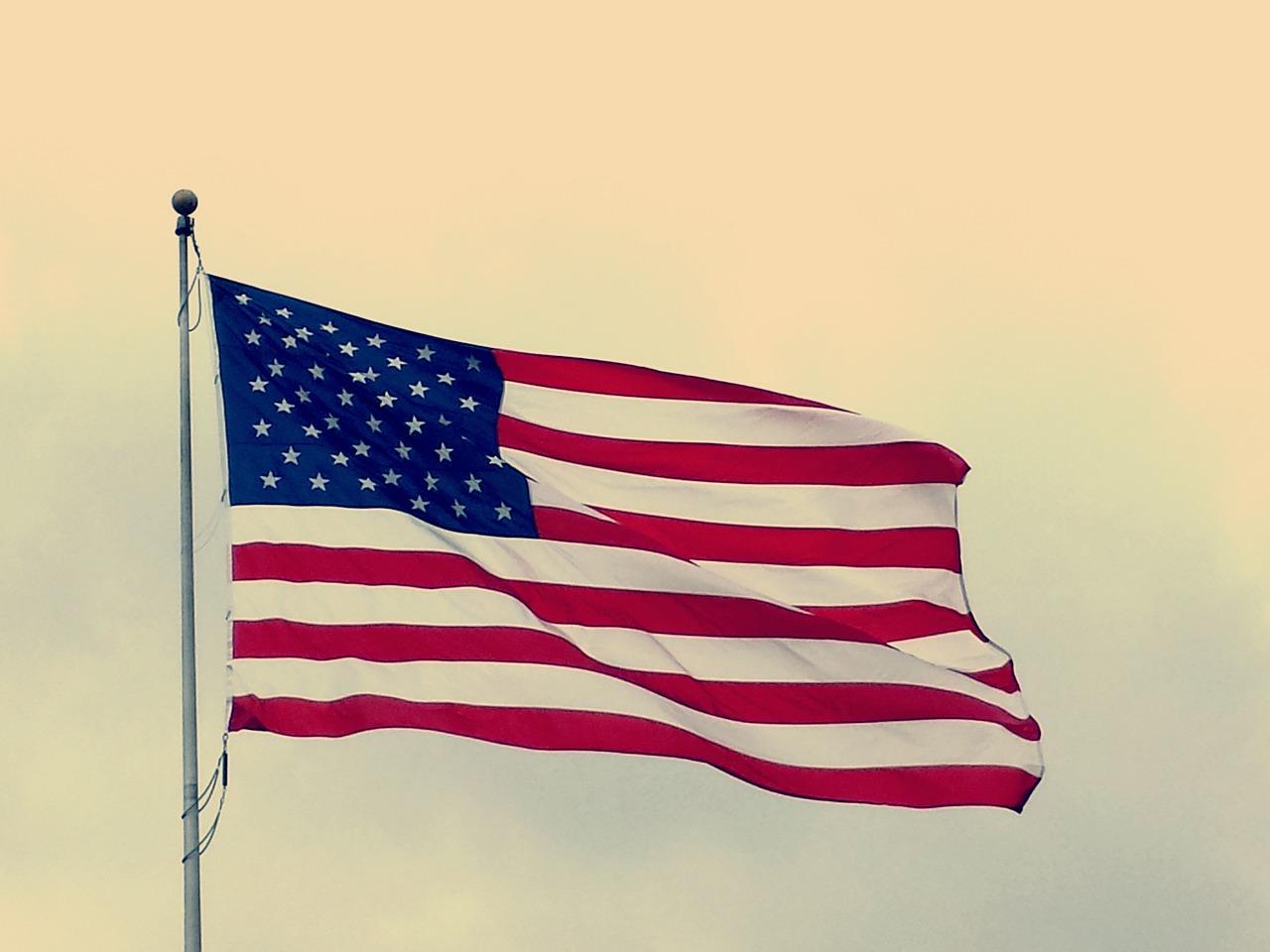
“The Election” class had mixed reactions over guest speaker Roger Stone, a Republican strategist and longtime Donald Trump confidante whose pointed opinions criticizing Democratic candidate Hillary Clinton and voting for the lesser of two evils on the heels of the first presidential debate on Monday night left some students displeased.
Stone talked about the state of the country and his predictions: a political revolution led by Trump. Stone placed blame on Clinton for widespread issues like racial injustice, unemployment and corruption and painted her as the establishment candidate.
“We need to get rid of our broken system, eviscerated by Hillary Clinton, who, across the board, disenfranchises those already at a disadvantage, like minorities,” he said.
Stone repeatedly attacked Clinton on policies that affected minorities, including poverty-stricken African Americans looking for opportunities but receiving handouts instead.
He also echoed Trump, calling Clinton a “liar and a hypocrite.” Stone is well-known for using opposition research, and he used his knowledge in a jab about the Clintons.
“Twenty-seven different women have accused Bill Clinton of sexual assault, and yet Hillary Clinton attempts to speak out against rape,” he said. “She lies when it would be easier to tell the truth.”
Tension was thick in the classroom of nearly 300 students as Stone continued to expand on his opinions of American politics and prominent leaders. Ana Chacin, a student in the course who attended the lecture, was displeased at how Stone’s comments all traced back to the same negative insights aimed at the Democratic candidate.
“All points seemed to lead back to criticizing Hillary and Bill Clinton,” Chacin said.
Often dubbed the “most dangerous man in politics” by Miami media outlets, Stone has played a part in the campaigns of former United States Presidents Ronald Reagan, George H.W. Bush and representative Bob Dole, but he said he has never seen an election quite like the race between Trump and Clinton.
“This is the most incredible, most volatile and most unpredictable election in my lifetime,” Stone said.
In a presidential race so marked on campus by either staunch partisanship or unsettling dissatisfaction with the candidates, Stone addressed the lesser-of-two-evils mindset some students hold a little less than 40 days away from Election Day.
“If you can’t vote for Donald Trump, just don’t vote for Hillary Clinton,” Stone said. “Grassroots campaigning and the first steps into political involvement are the most important for the integrity of our political system. That starts with students.”
“The Election” is a political science course offered every four years during the presidential elections.
The current session is taught by professors Fernand Amandi, Rudy Fernández and Joseph Uscinski. It features frequent guest speakers including members of Congress, senators, professors and other voices in the political community.






